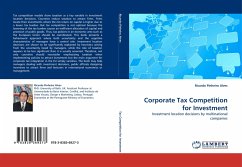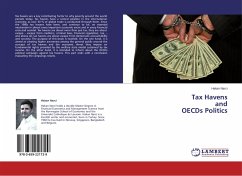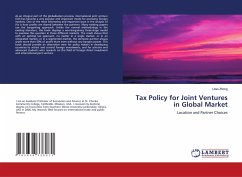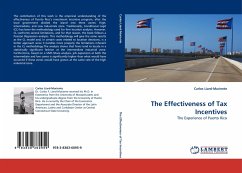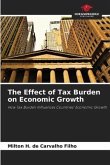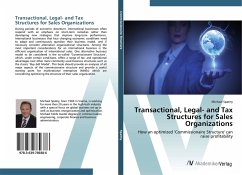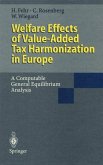Tax competition models show taxation as a key variable in investment location decisions. Countries reduce taxation to attract firms. Firms locate their investments where the net return on capital is higher due to a lower tax burden. But tax competition is not optimal because the lowering of the tax burden causes an inefficient allocation of capital and provision of public goods. Thus, tax policies in an economic area such as the European Union should be coordinated. This book presents a behavioural approach where both uncertainty and the cognitive characteristics of managers have a central role. Investment location decisions are shown to be significantly explained by heuristics arising from the uncertainty faced by managers, while the role of taxation appears to be less significant than it is usually assumed. Therefore, not only countries should reconsider emphasizing taxation when implementing policies to attract investment but the main argument for corporate tax integration in the EU simply vanishes. The book may help managers dealing with investment decisions, public officials designing incentives to attract firms and lecturers in international economics or management.
Bitte wählen Sie Ihr Anliegen aus.
Rechnungen
Retourenschein anfordern
Bestellstatus
Storno

